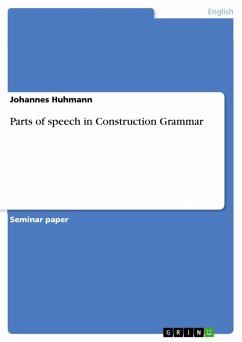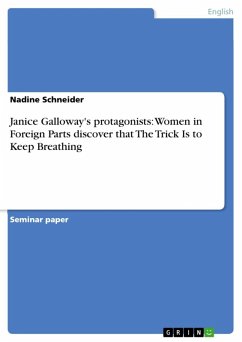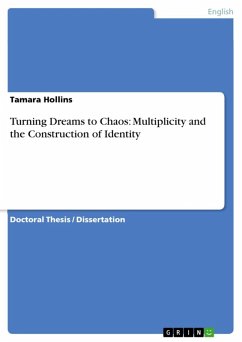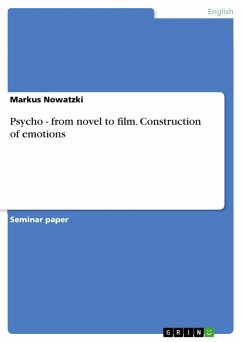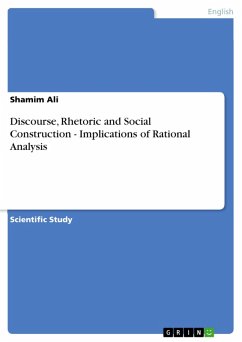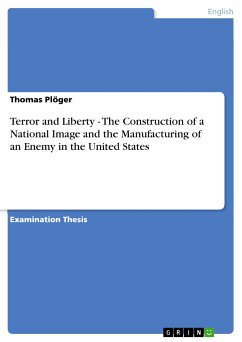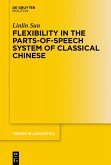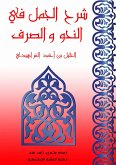Seminar paper from the year 2007 in the subject English Language and Literature Studies - Linguistics, grade: 1,0, University of Hamburg (Institut für Anglistik und Amerikanistik ), course: Parts of Speech , language: English, abstract: This term paper is concerning Construction Grammar and the way it attempts to handle parts of speech categories like nouns, verbs and adjectives. The seminar this paper was written for proved in a manifold of ways that when we restrict ourselves to the categories provided by traditional grammar, we may face serious difficulties which call into question the fundamental categorizations of such grammar. These problems, or potential problems, are the subject matter of the first part of this paper. In the second part, I will give an overview of Construction Grammar. Since the concept of construction is central to Construction Grammar, I will first clarify the notion of construction outside of the Construction Grammar framework in 2.1., before moving to an account in 2.2 of those features that can be seen as the smallest common denominator for defining constructions within different Construction Grammars. One of my principal findings is the differing manners in which Construction Grammars in general, and a specific variant of Construction Grammar, namely Croft's Radical Construction Grammar, address the issue of parts of speech. Part three will present Croft's grammar as an answer to one of the central questions raised in this seminar, namely, which model is most adequate for categorising word classes in a single language like English but also in a cross-linguistic sense. This examination will be followed by some concluding remarks in part four.
Dieser Download kann aus rechtlichen Gründen nur mit Rechnungsadresse in A, B, BG, CY, CZ, D, DK, EW, E, FIN, F, GR, HR, H, IRL, I, LT, L, LR, M, NL, PL, P, R, S, SLO, SK ausgeliefert werden.

